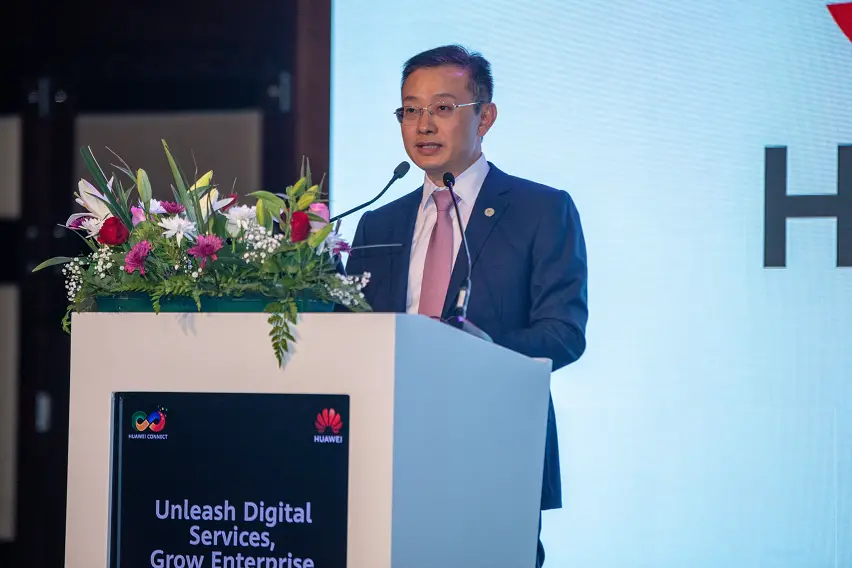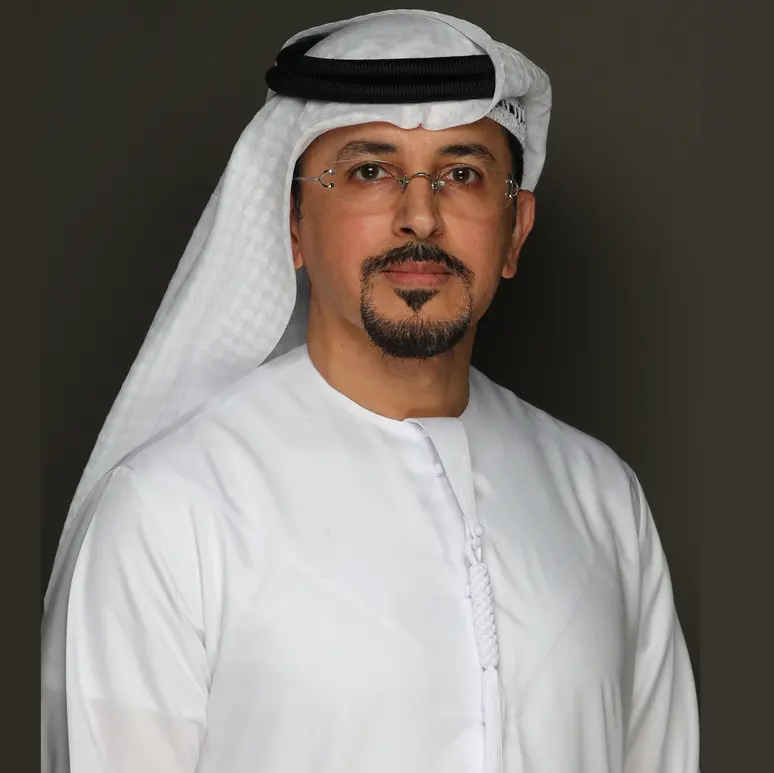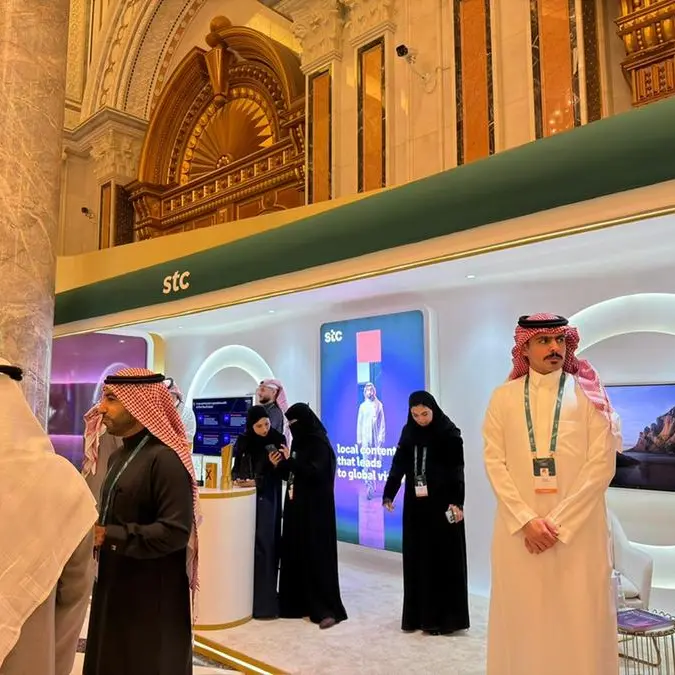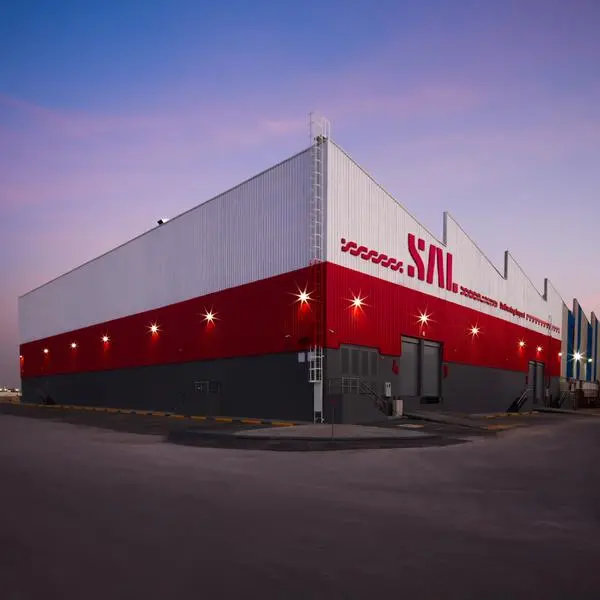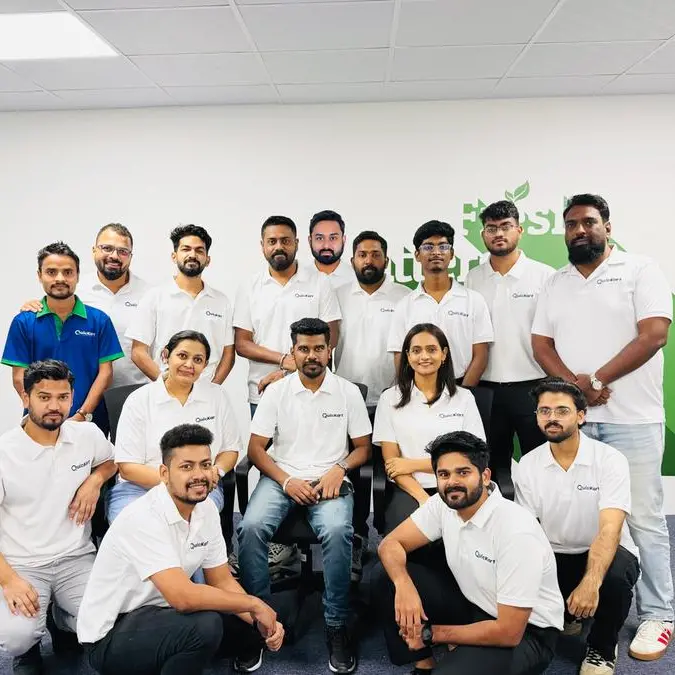PHOTO
Middle East: Huawei, together with leading regional carriers, recently explored new strategies to reposition telcos as Managed Service Partners (MSPs) to meet enterprise transformation demands. The Huawei Middle East & Africa Carrier Enterprise Business Summit was held on October 12, as part of the Huawei Connect series of global events where the company announces its newest products and solutions, discusses best practices and explores paths to shared success.
Steven Yi, President of Huawei Middle East & Africa, said: "ICT technology is the key to digital transformation and productivity improvement for all enterprises and industry sectors. Carriers can leverage cutting-edge solutions and services to meet enterprise demands. At Huawei, we have an evolving suite of solutions, which carriers can resell to enterprise clients hungry to achieve and maintain a competitive advantage. Huawei remains committed to working closely with carriers to grow the region's technology-driven enterprise business together."
A shift is underway as enterprises' digital transformation drives demand for new experiences.
For example, CIOs increasingly prefer outsourced services rather than self-built I.T. systems. Secondly, there is a shift from fragmented procurement to full-stack. Thirdly, enterprises demand rich cloud services, managed service reliability, speed and agility, in addition to strong connectivity capabilities such as capacity, security and coverage.
Huawei's Network-as-a-Service (NaaS) solutions provide the agility and visibility that enterprises demand. Partnering with carriers, Huawei has deployed several cloud-managed network platforms across the region, with customers in education, transportation, finance, energy, and other industries.
During the Summit, delegates heard how Etisalat UAE, branded as etisalat by e&, has embraced the NaaS opportunity and learned about the latest partnership between the carrier and Huawei, two companies spearheading a new era in NaaS provision in the region. The UAE telco will deliver end-to-end managed services to enterprises, with guaranteed SLAs backed by Huawei's technology and a seasoned team.
Solutions by stc, a leading enabler of digital transformation in the Kingdom of Saudi Arabia, shared insights into their comprehensive portfolio that enables a one-stop-shop offering and have helped them become a partner-of-choice to the KSA B2B sector. Huawei collaborates with solutions by stc in several areas, such as developing smart cities, building intelligent datacenters, providing 5G technologies, and enabling digital transformations to serve clients in Saudi Arabia and beyond.
Another case study from Pakistan Telecommunication Company Ltd. (PTCL), a subsidiary of e& (formerly known as Etisalat Group) explained how the national telco developed NaaS, together with Huawei technologies, to capture the enterprise market quickly.
Huawei continues to work with regional carrier partners to gain insight into enterprise networking requirements while building a series of standard product packages based on "smart and simple" solutions. These solution suites integrate connectivity with different product combinations to meet enterprise demands for a fast time to market and help businesses maintain competitive advantage.
Huawei's full-stack solution including cloud availability is now established in all Middle East countries – offering more than 220 types of cloud services. To enable this, Huawei works with more than 100 local cloud service partners. Huawei CLOUD provides neutral, secure, and trustworthy cloud services to meet enterprise needs. And in partnership with regional carriers, Huawei's country clouds aim to enrich carriers' cloud services and help achieve countries' cloud-first vision.
"The telecom ecosystem possesses the fundamental building blocks access, interconnectivity and applications – that enable digital transformation. As a result, a large share of potential value stemming from digitalization will depend on telcos' ability to deliver essential infrastructure, applications and productivity improvements," said Yi.
"We see that carriers often define the industry vision and standards for digitalization that can help resolve enterprise challenges. Digitalisation also provides carriers new revenue growth opportunities as the traditional connectivity-based business has slowed down in the last decade," he added.
Built on next-gen hardware platform architecture, Huawei's robust communication and collaboration suite, IdeaHub S2, was unveiled at the Summit highlighting how advanced connectivity can enable better global communication.
Exploring these new revenue growth opportunities was a key element of the Summit, which is part of the global Huawei Connect series of events, where clients can discover Huawei's newest products and solutions, discuss best practices, and explore paths to shared success.
